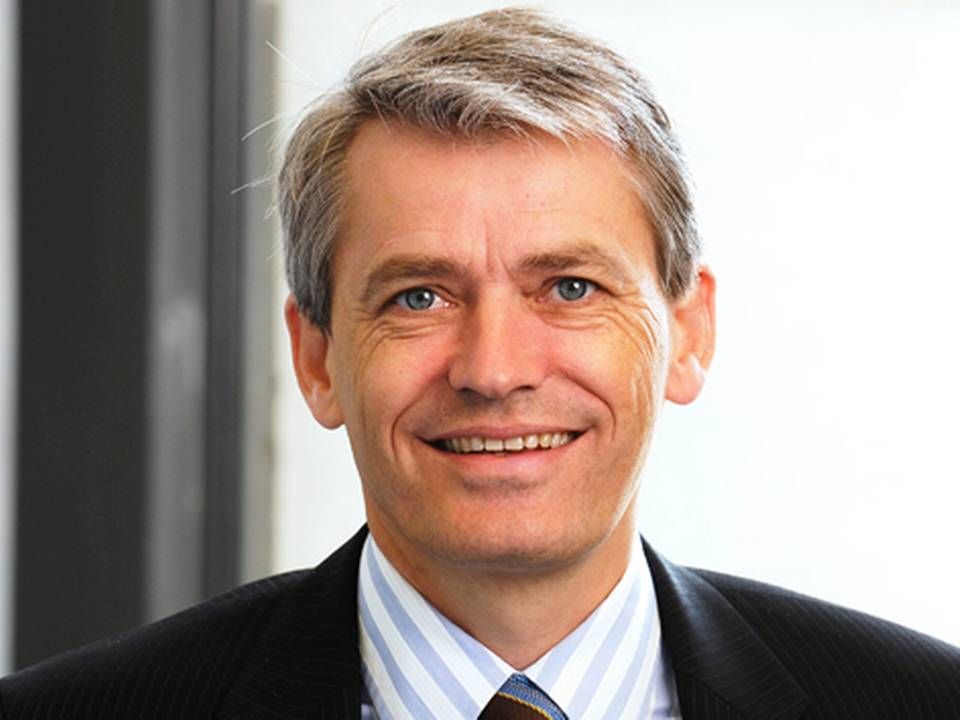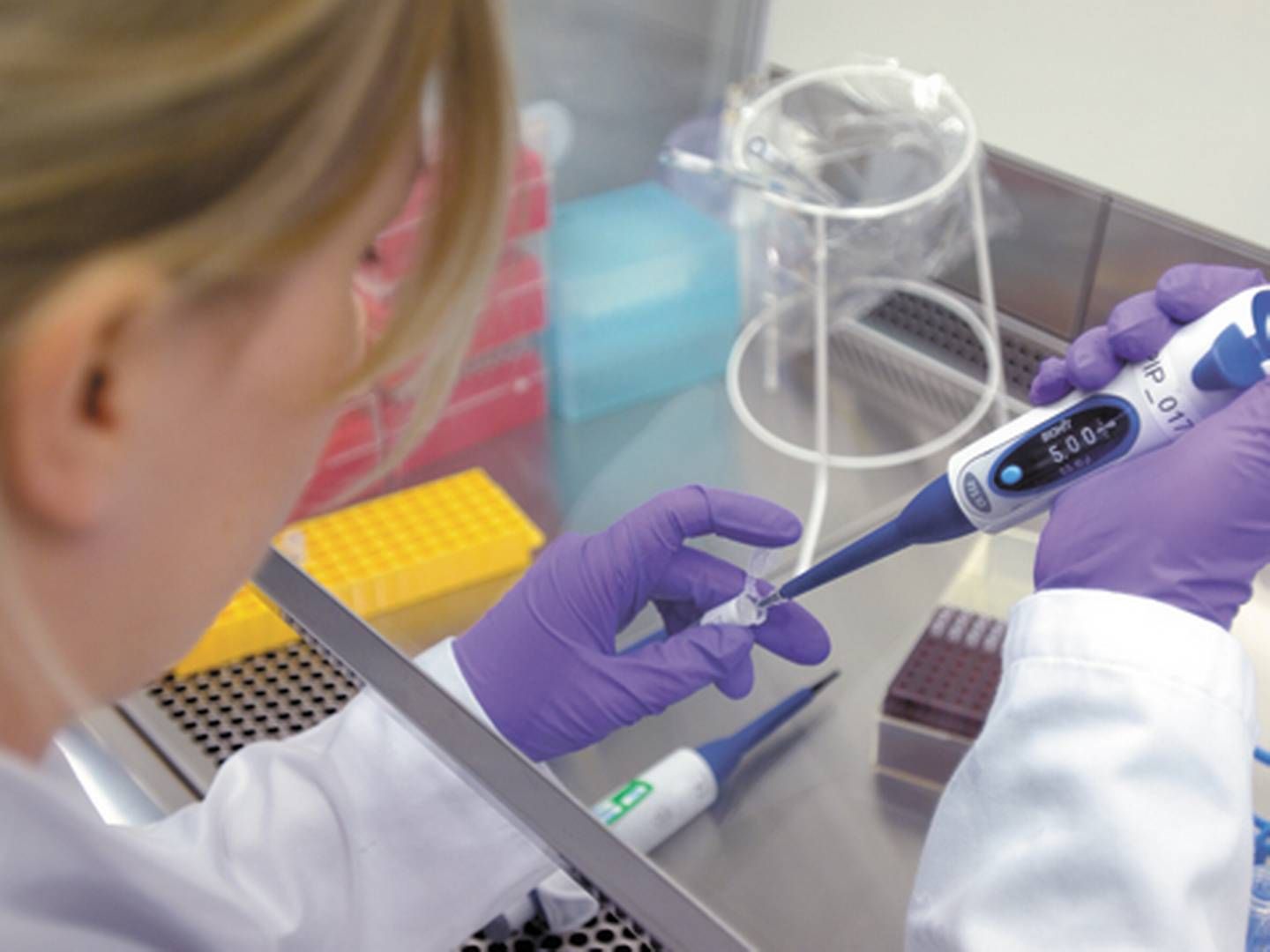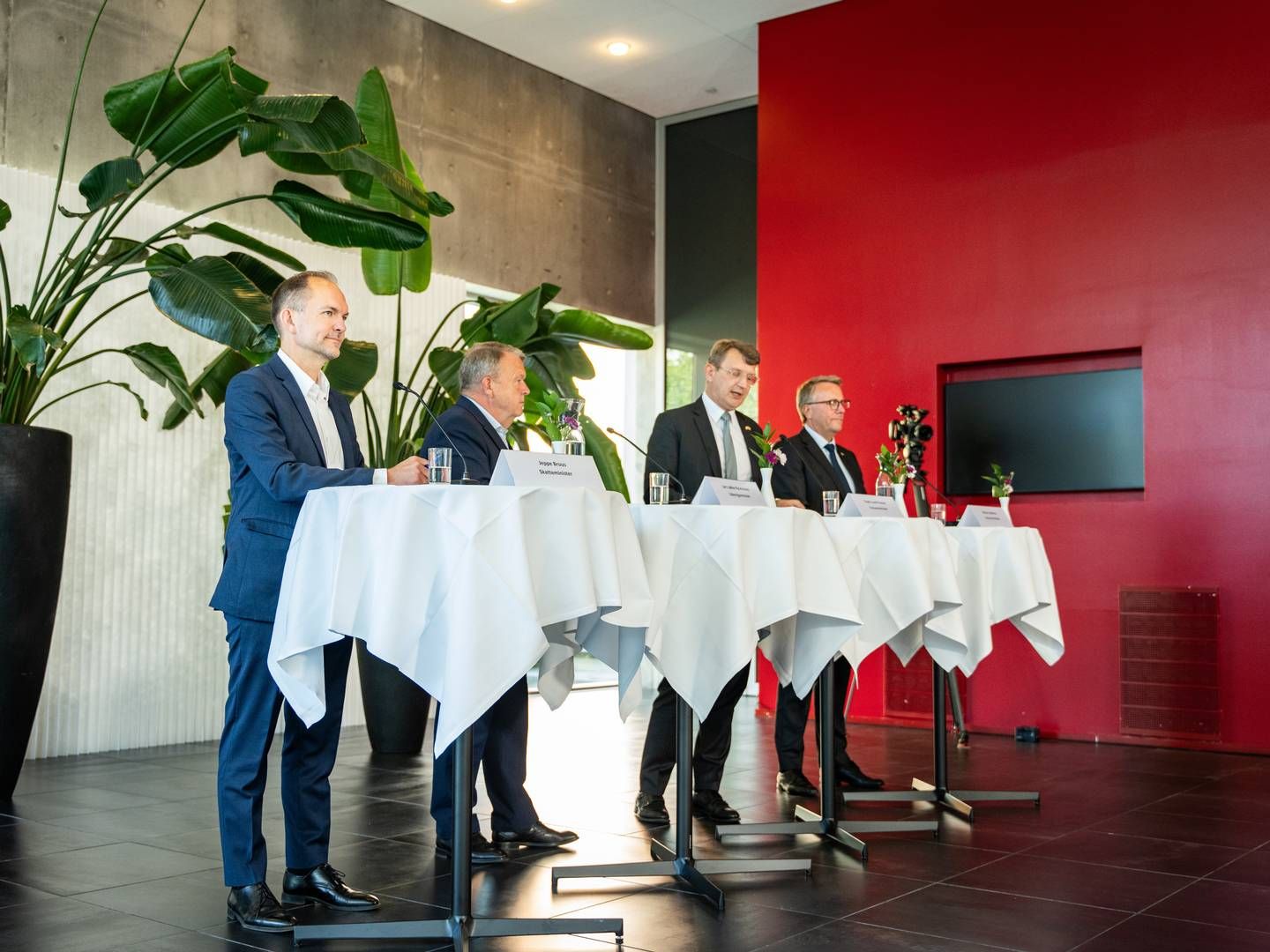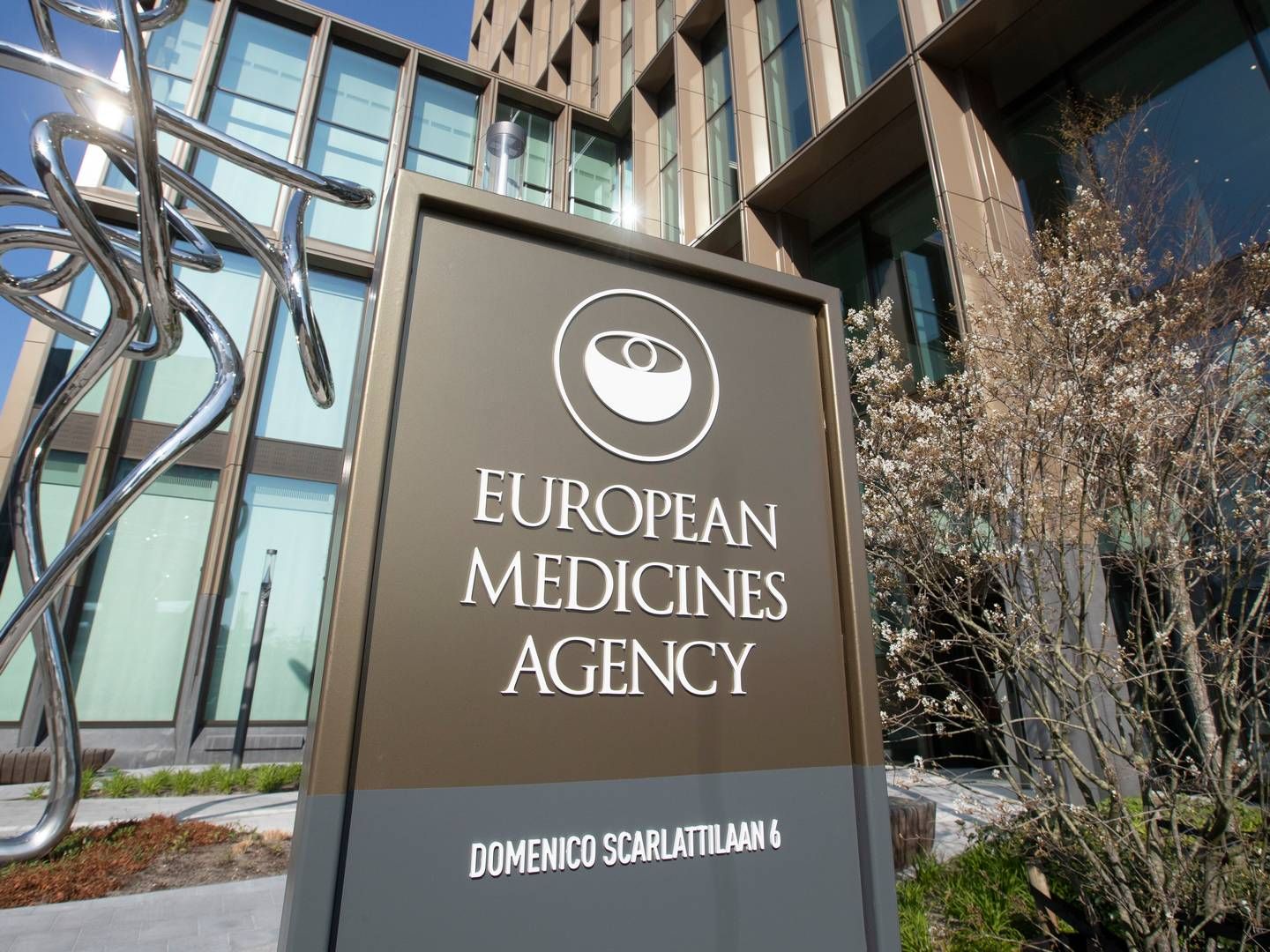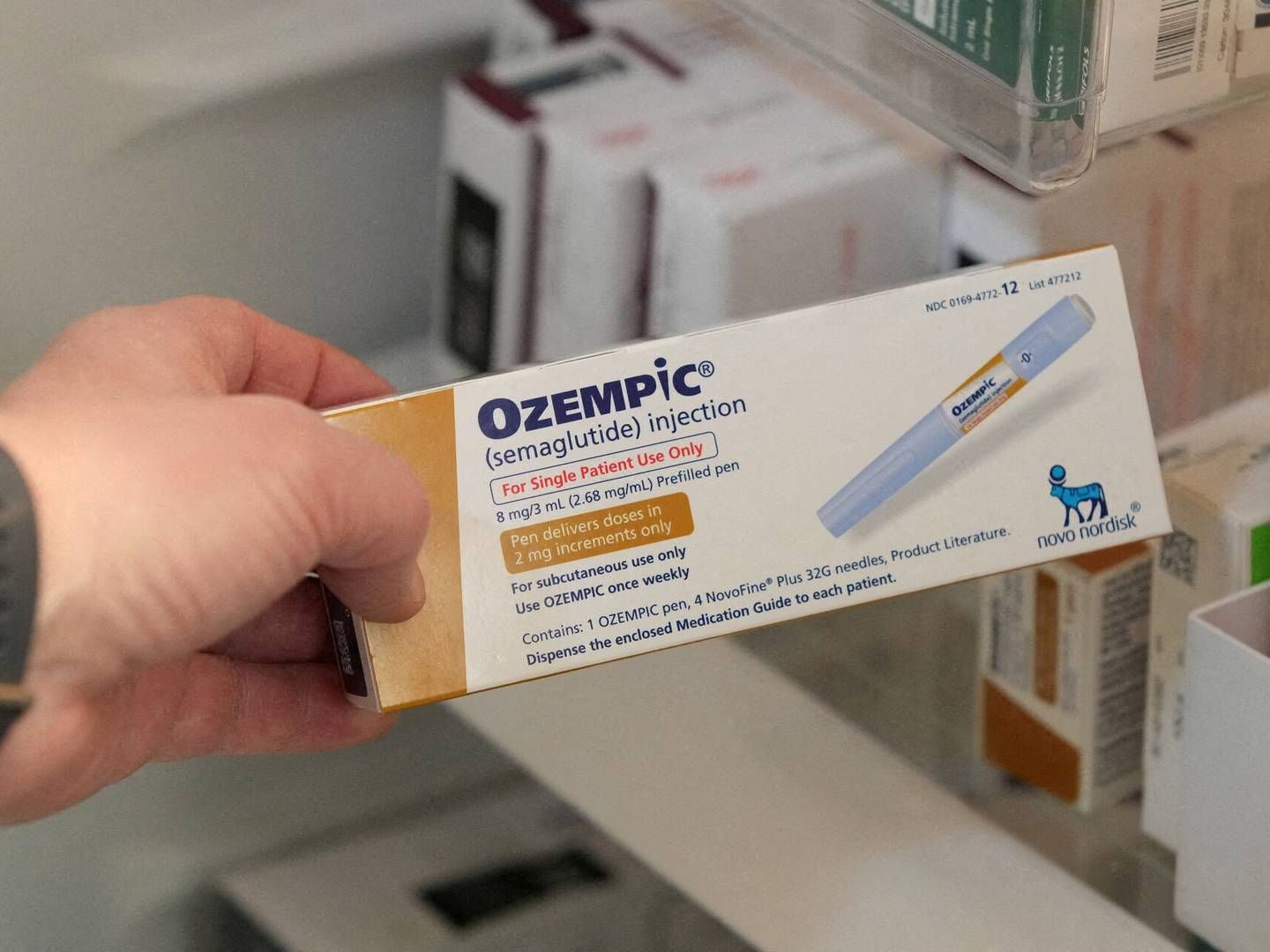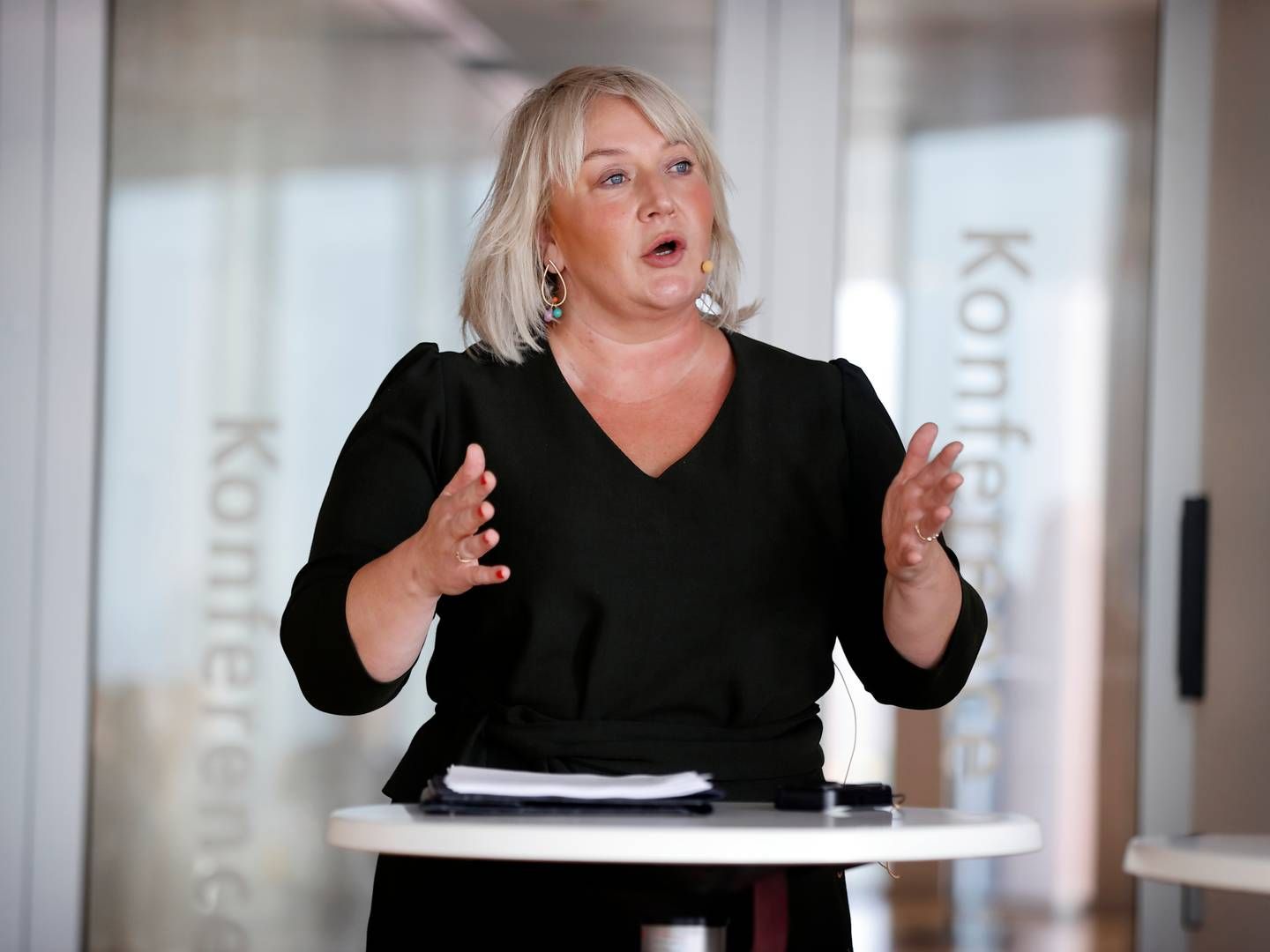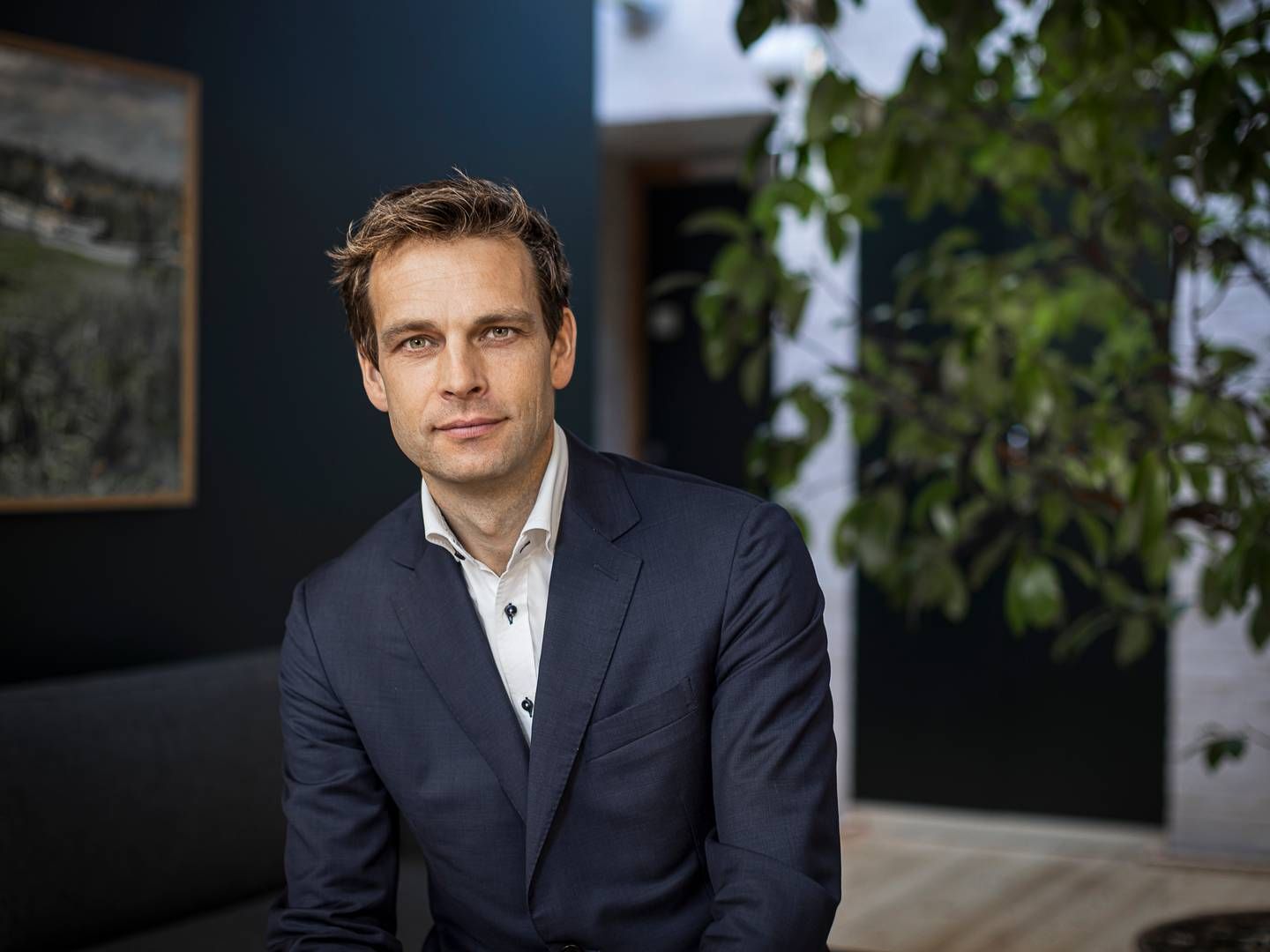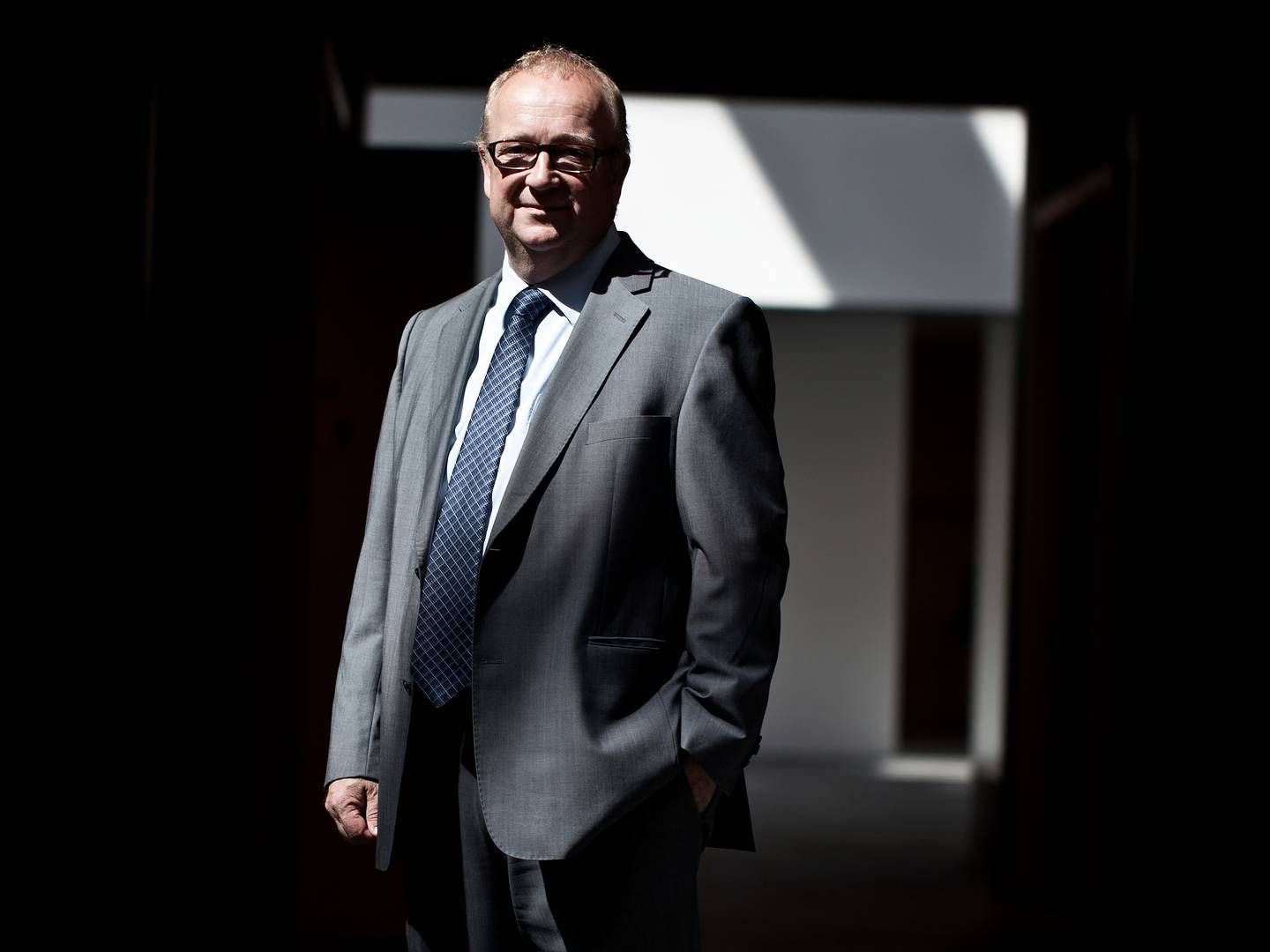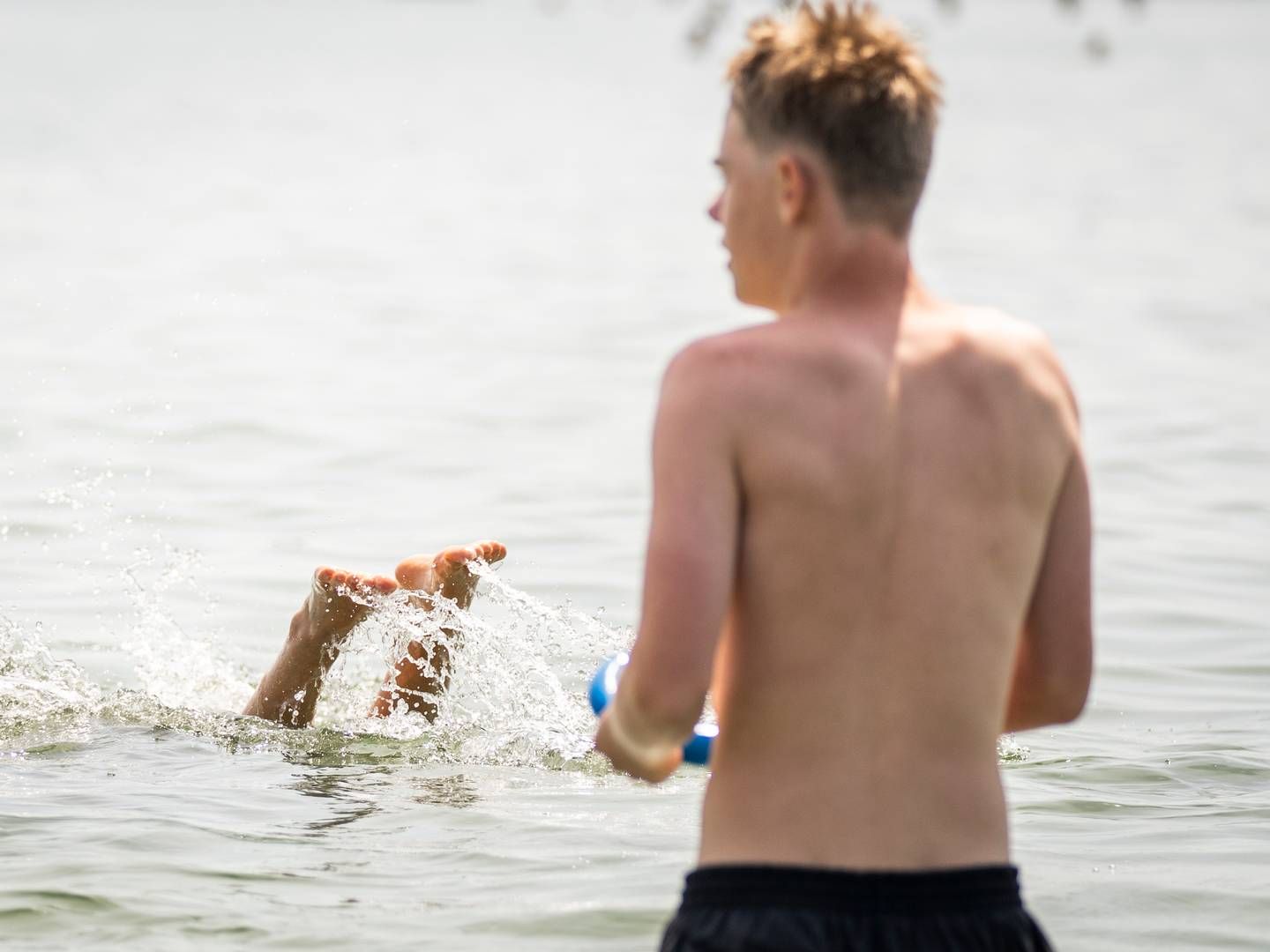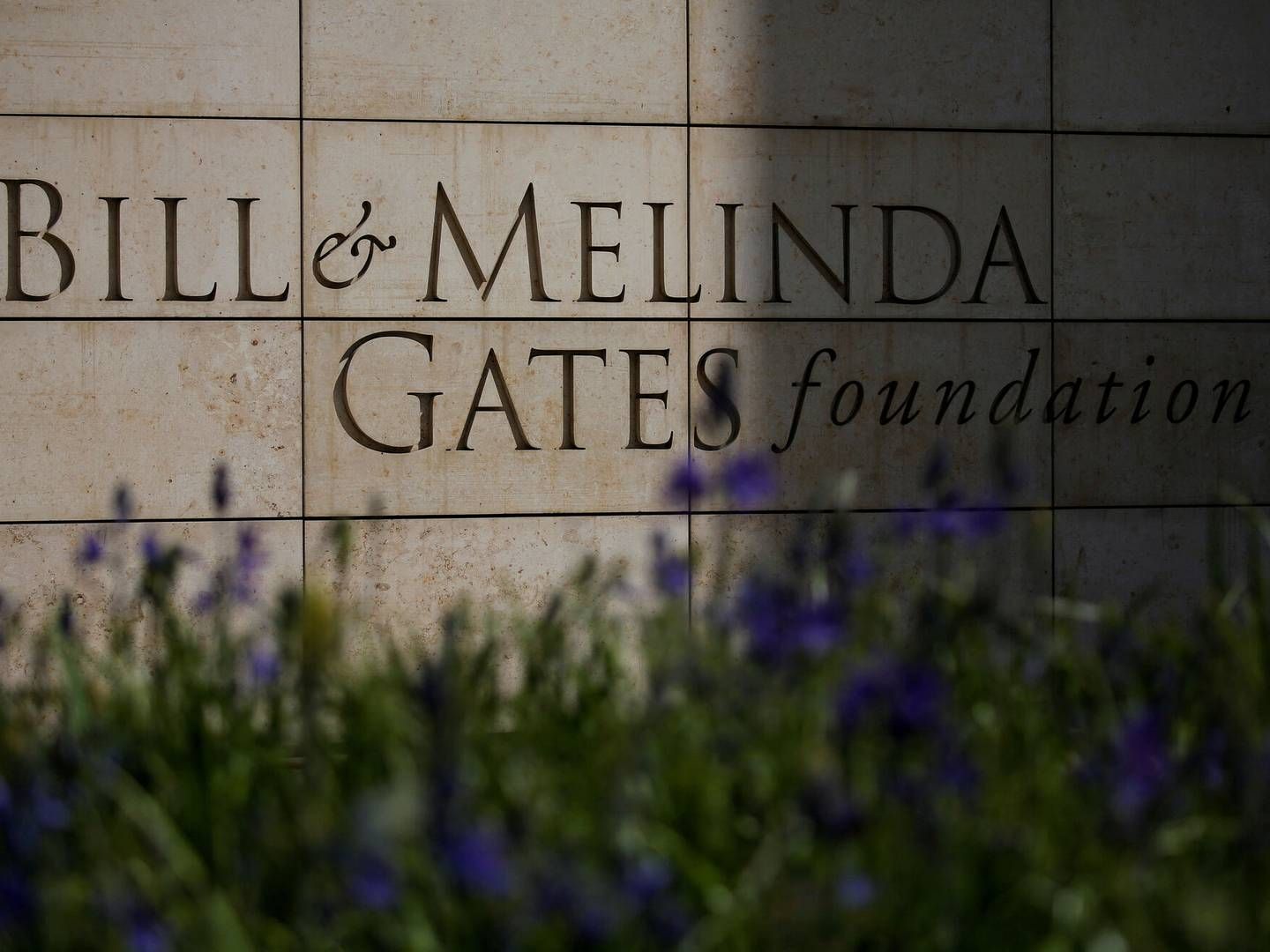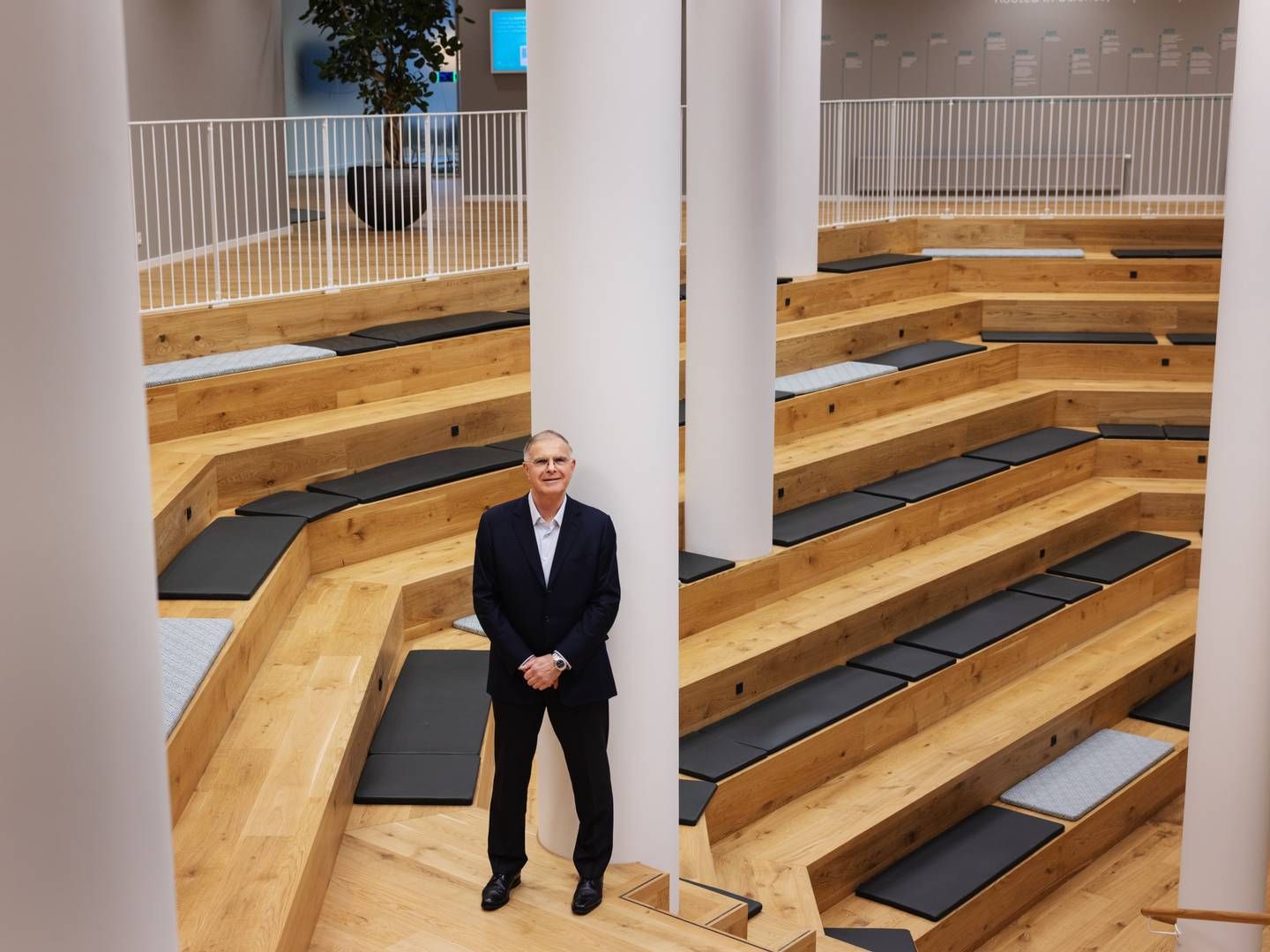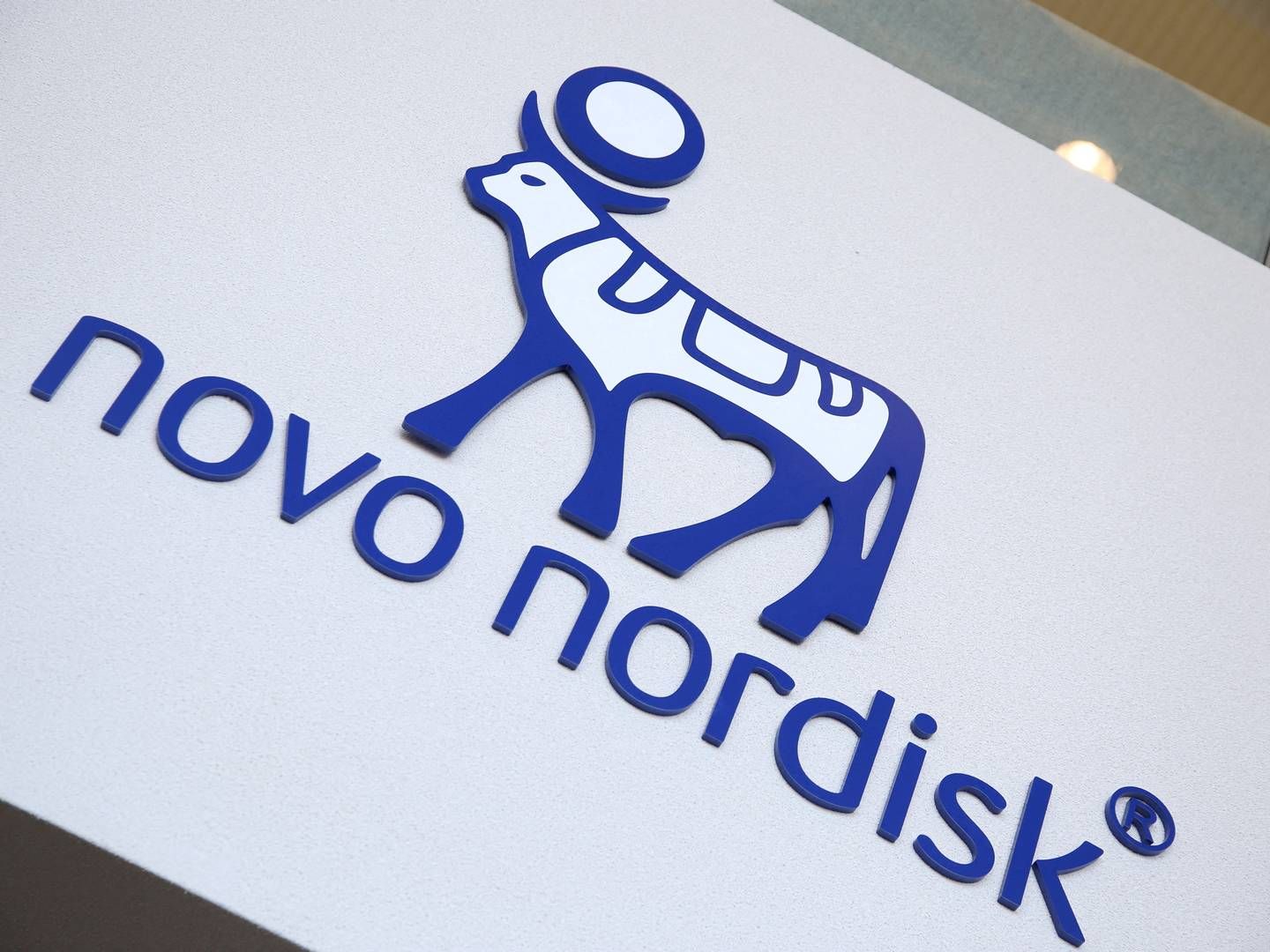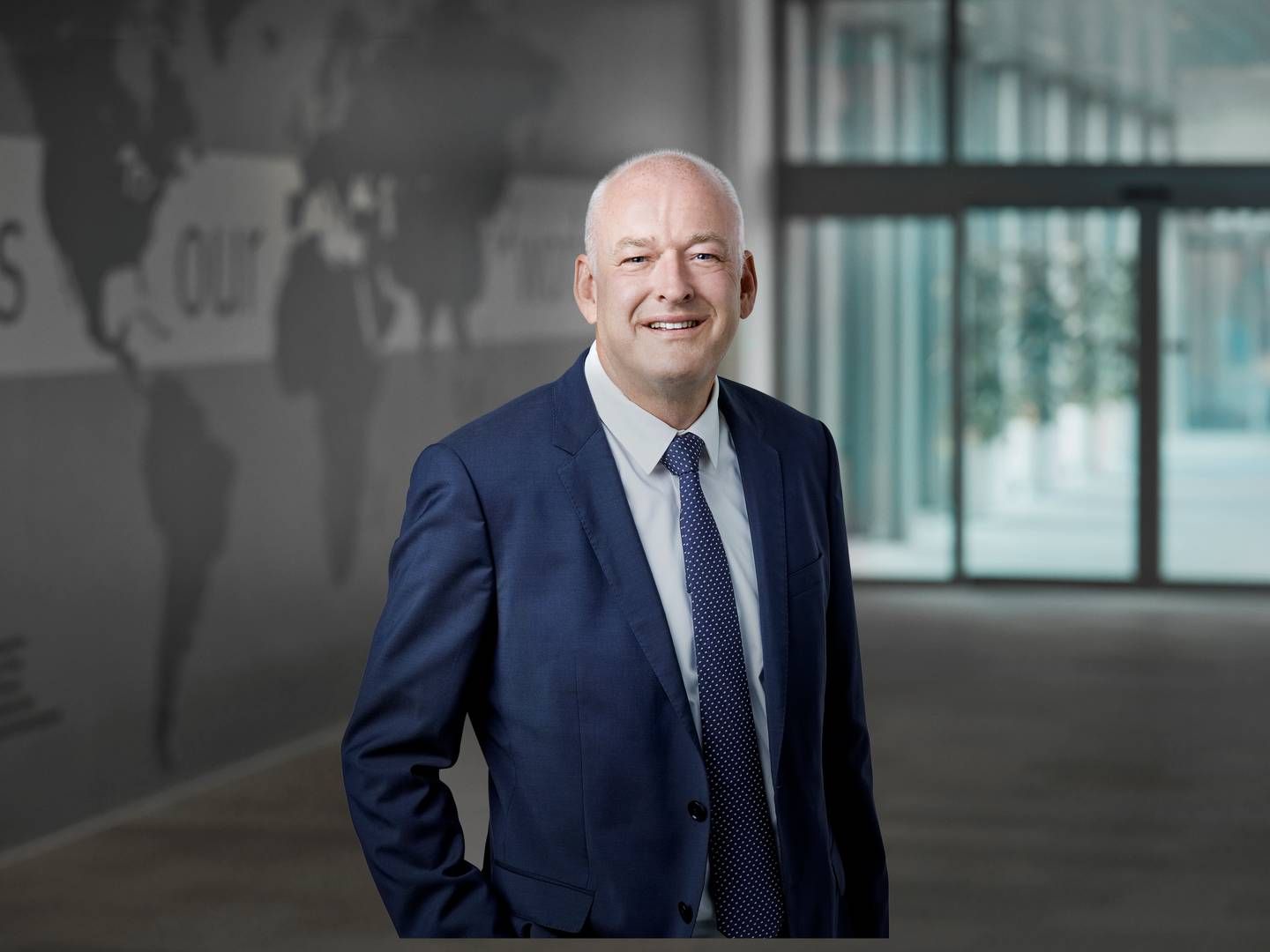Danish biotech company joins fight against Ebola
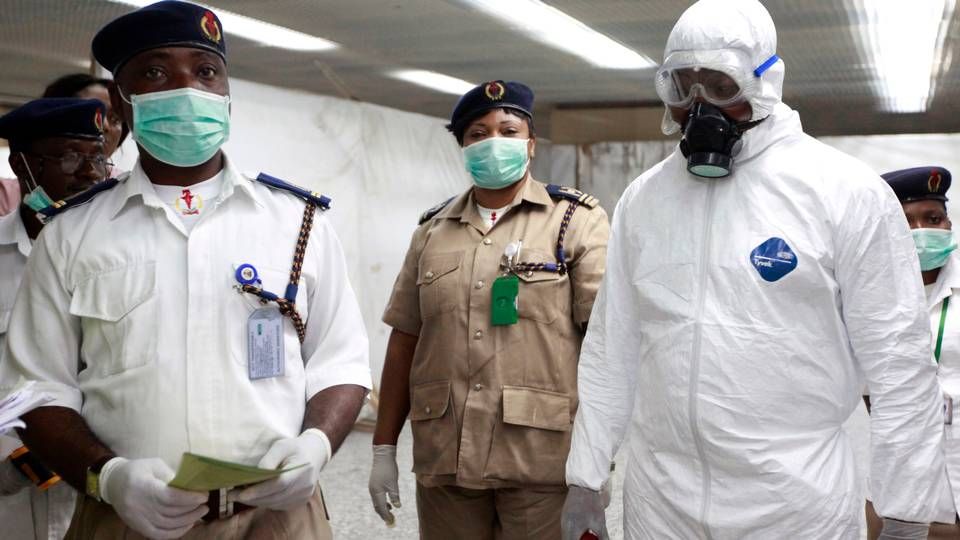
The Danish biotech company Bavarian Nordic is currently conducting tests of a promising new Ebola vaccine in monkeys in collaboration with US authorities.
The horrifying situation in West Africa with a massive surge in the number of new cases of Ebola has led to an increased international focus on finding a cure and a vaccine for the virus. US-developed experimental drug, ZMapp, which had only been tested in monkeys, before it was given to an American health worker recently, is now headed to Africa, and Canada’s NewLink is expecting to initiate clinical trials of its Ebola vaccine in humans in a matter of weeks.
Bavarian Nordic, however, is not familiar with the Canadian company’s vaccine, CFO Ole Larsen tells MedWatch.
“We have gathered interesting data from animal trials at this point,” Ole Larsen says.
He adds that the American partners on the project, National Institutes of Health of National Institute of Allergy and Infectious Diseases (NIH/NIAID), are currently wrapping up an additional animal trial.
“Based on those data, we are talking to them about entering phase I in 2015, i.e. to test it in healthy humans. It’s still in the preclinical stages, and although these animal data are interesting, there is still some way to go before we have a vaccine. But if you don’t have solid animal data, you can’t test it in people either, so it’s a ticket to proceed,” he points out.
Bavarian Nordic has already developed a small pox vaccine in collaboration with the US government.
No word
There has been a lot of debate about whether or not to use untested or unapproved drugs in fighting the current epidemic. Has Bavarian been contacted about supplying drugs for anything like that?
“What the NIH and NIAID discuss internally and with the WHO and the US government, we are not familiar with. At the moment there has been no word on anything like that.”
How would you react if you were approached and asked to supply a drug you were developing without it having been approved or tested in humans?
“Our technology platform, MVA-BN, which both our small pox vaccine and the vaccine against Ebola is based on, has certainly been shown to have a very favorable side effects profile. We have not reported any incidences of serious negative side effects from our small pox vaccine, so as to whether it would pose a danger to the people being vaccinated with the drug and whether that would keep us from doing it, I find that very unlikely,” Ole Larsen says.
Human lives
”This drug is in the very early development stages when it comes to efficacy. But of course, if it could help save a lot of human lives by being used prior to approval, I think we would certainly discuss that internally and consider it thoroughly. I can imagine that we would go for it, also because we have such good data and good experiences with our small pox vaccine, which is based on the same technology platform.”
The finance chief stresses that it is necessary in dealing with diseases like small pox and Ebola that the public supports private players financially in the development phase seeing as there is a very limited commercial potential, and Bavarian Nordic has a great deal of experience with that type of collaboration.
“If you want to better a situation like the current one with Ebola, it requires private-public collaboration. In many ways that’s exactly the area we operate within; we have now collaborated with the US government for 11 years, so we know how to work together and we also see opportunities here, if the US or other countries’ governments approach us concerning a partnership aimed at Ebola.
It’s an area where there's not a lot of commercial interest, because we are unlikely to see Ebola vaccines in the pharmacies, so what usually happens is that the governments in different countries decide to stock-pile it – so it has to be a public-private partnership,” Ole Larsen says, adding:
“We are working closely with the US authorities on this and will continue to do so. It's especially critical now that [Ebola] has been declared an international emergency, and we have to see what comes of it and if the authorities ask us to produce larger quantities of the vaccine or accelerate our work. It’s something that takes time, if you are to follow the usual route.”
- translated by Martin Havtorn Petersen
Would you like to receive the latest news from Medwatch directly in your e-mail inbox? Sign up for our free english newsletter below.
Relaterede artikler
Bavarian CEO: Signals broader collaborations
For abonnenter
Bavarian strikes a new deal with the US government
For abonnenter

